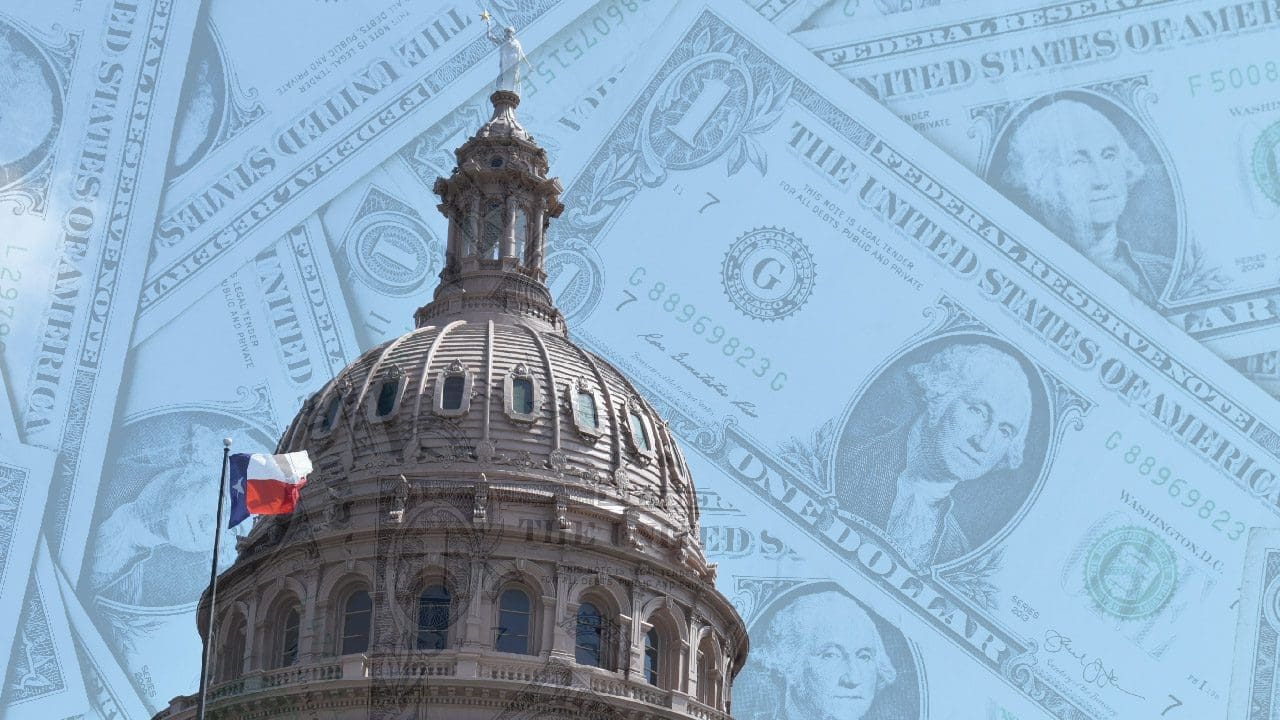It is a foundational truth of our American republic that all individuals are endowed by the Creator with the right to speak freely and the right to petition the government for a redress of grievances.
Individuals also have the right to assemble and associate with others to collectively speak with one voice and to collectively petition the government.
Those individuals in association with one another may choose a spokesperson from among the group—or hire one from outside the group—to speak on behalf of the entire group or to petition the government on behalf of the group.
This is the quintessential definition of lobbying, and our American system of government must always be careful to protect—and I would even say celebrate—the practice of lobbying. For indeed, we are all aware of nations around the globe that do not allow their citizens to speak freely or to petition the government for change.
Lobbying as a practice is essential to an open and transparent government of the people, by the people, and for the people.
But if we see a glimpse of the divine in the American system that permits every person to approach the seat of power and pray for provision, policies, or principles, we must also recognize the perversion of forcing a person to give over his time, talent, or treasure to support a policy that he genuinely opposes.
This is the inherent flaw with taxpayer-funded lobbying.
All taxes are levied under the implicit threat of government force, and all taxes are to be expended for the public good. Our elected representatives are entrusted to determine the particular good that our collective treasures will fund.
But if government officials use our resources to petition other government officials in the pursuit of preferred policies, they inevitably force some taxpayers to financially support the advancement of positions the taxpayers personally oppose.
It does not matter whether conservative officials are taxing liberal constituents to advance conservative policies or vice versa. The problem is nonpartisan, and the outcome is the same.
Thomas Jefferson explained the issue best when he pronounced that “to compel a man to furnish contributions of money for the propagation of opinions which he disbelieves is sinful and tyrannical.” (Virginia Statute for Religious Freedom, 1786)
It also does not matter that government officials believe they are acting nobly or in the genuine interest of their constituents when they expend taxpayer funds to lobby other government officials.
Elected officials always believe they are advocating for noble purposes. And of course, elected officials always retain their own liberties—both in their private capacity and in their official capacity—and they are free to advocate for the noble positions that they support.
But once those officials employ taxpayer funds to hire a lobbyist to lobby the government on behalf of the government, all taxpayers are forced to financially support the government’s position, even if that position violates the taxpayers’ sincerely held beliefs.
Taxpayers should not be required to fund the services of government lobbyists, and this is why we must prohibit taxpayer-funded lobbying in Texas.
This is a commentary republished with the author’s permission. If you wish to submit a commentary to Texas Scorecard, please submit your article to submission@texasscorecard.com.





